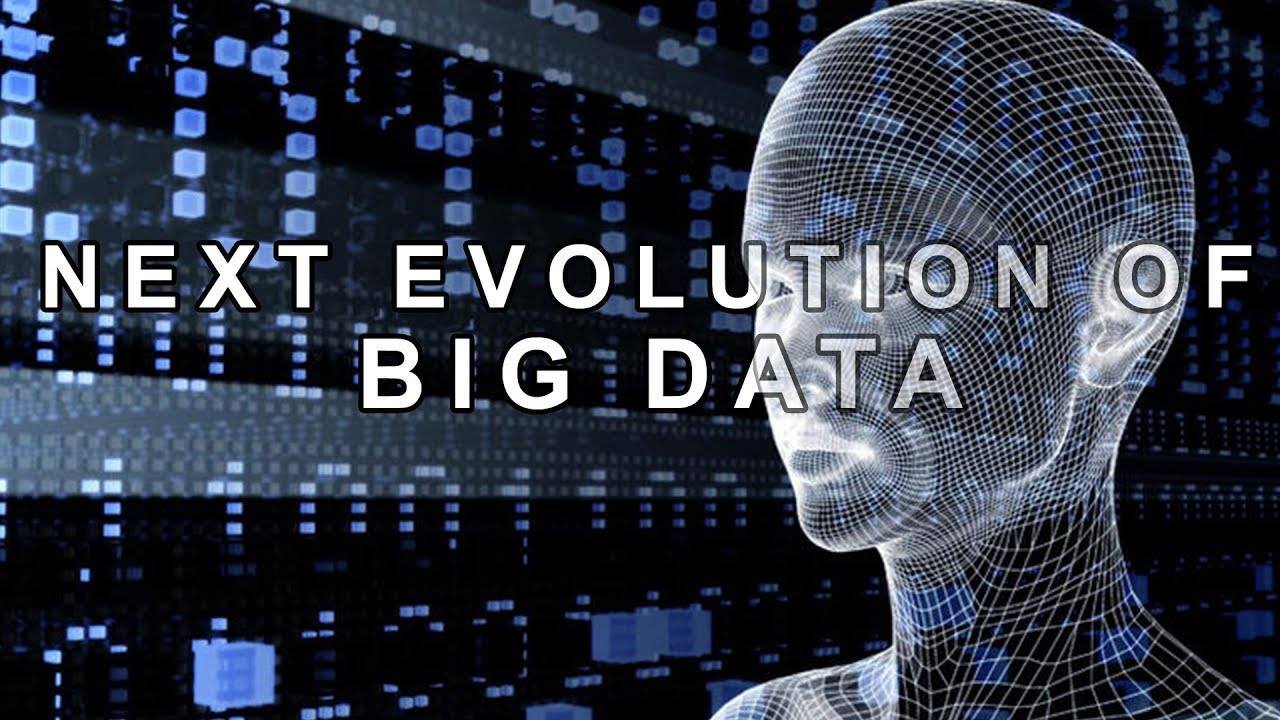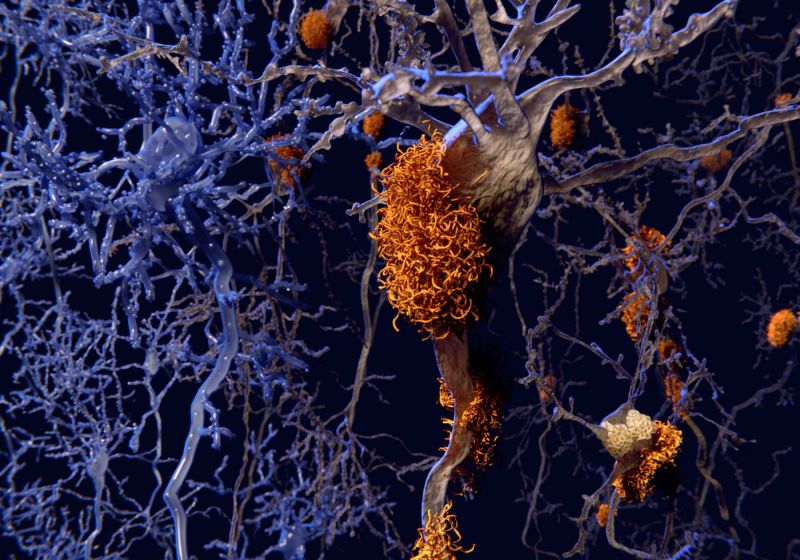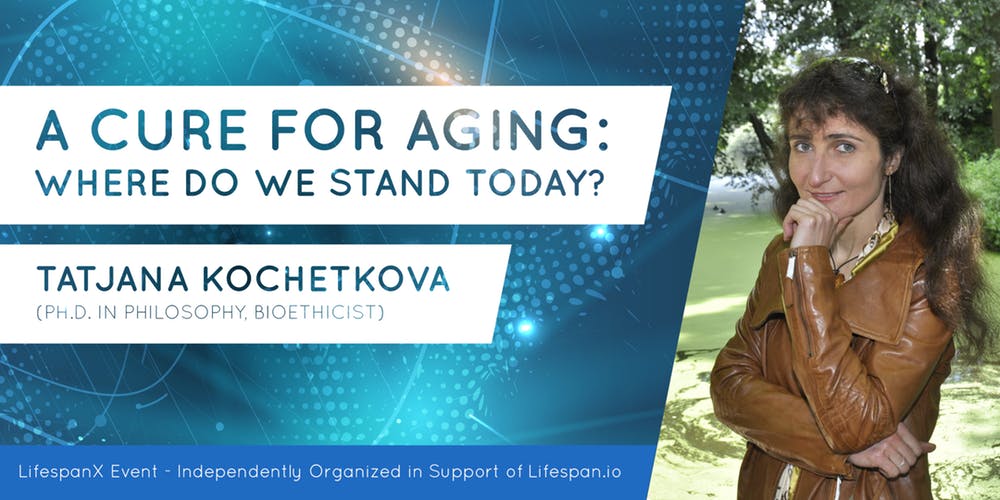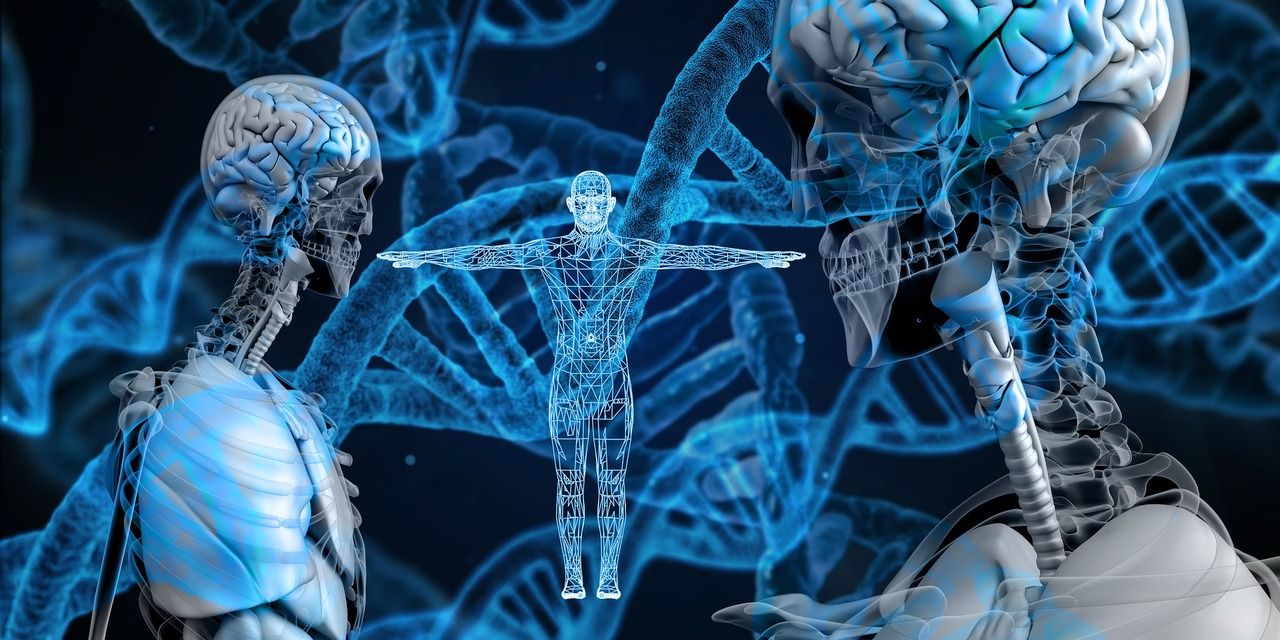Sep 20, 2018
Healthy Aging Month: How we can all live better longer
Posted by Lilia Lens-Pechakova in categories: biotech/medical, life extension, neuroscience
Buck Institute on the elimination of aging diseases for this and further generations:
September is Healthy Aging Month, and here at the Buck Institute for Research on Aging, we are on a mission to end the threat of age-related disease for this and future generations. We believe it is possible for people to enjoy healthy lives at age 95 as much as they do at 25, and to achieve that, we’re seeking a more comprehensive understanding of the biology of aging itself.
Over the last century, average human lifespan has been increasing at a rate of approximately 2 years per decade, primarily due to advancements in antibiotics and other medical treatments, as well as improved public health efforts. The U.S. Census Bureau estimates that by 2035, people over the age of 65 will outnumber people under 18 for the first time in U.S. history. This means that there is an increasing population of older adults who suffer in the later years of life from chronic diseases including diabetes, neurodegenerative diseases such as Alzheimer’s and Parkinson’s disease, and cancer. While basic scientific research has provided a lot of insight into the causes and potential treatments of individual diseases, the root cause of these and many other chronic diseases is the biological process of aging.
Continue reading “Healthy Aging Month: How we can all live better longer” »


















